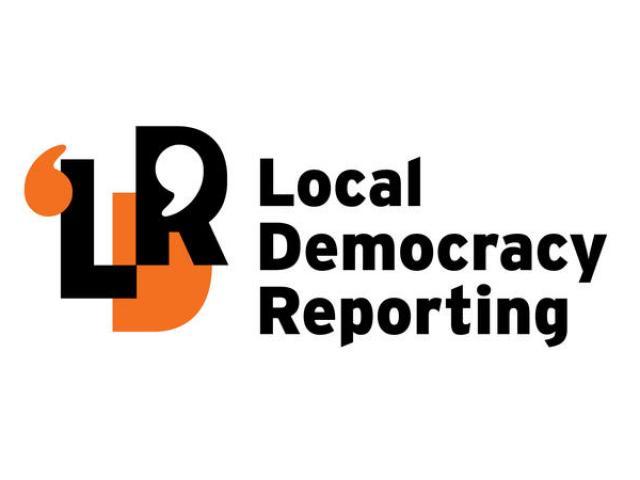
Speaking at a meeting last week of Environment Canterbury's regional delivery committee, North Canterbury/Ōpukepuke regional councillor Grant Edge said there were ‘‘thousands of people’’ in the Waimakariri district drinking from private wells ‘‘and many don’t know they need to be testing’’.
‘‘I support this and I would support an ongoing thing, not just coming back every couple of years to give more information.’’
He was speaking in support of a motion by Christchurch South / Ōwhanga councillor Vicky Southworth requesting staff to produce an updated report on running regionwide events to educate private well owners on the risks, including nitrates and E.Coli.
The motion passed by 8-7, with strong views expressed on both sides.
Water testing events run by the Selwyn-Waihora Zone Committee, and supported by the Selwyn District Council, showed these events could be run for low cost and with maximum impact, Cr Southworth said.
Three recent testing events had cost an estimated $5000, she said.
A report by ECan in February 2022 determined that private single-household drinking water supplies were the responsibility of the well owner.
North Canterbury councillor Claire McKay opposed Cr Southworth's motion as there needed to be some ‘‘owner responsibility’’ and it was not budgeted.
‘‘If we spend money on this it will take away from something else and we already have Greenpeace and the Green Party and others promoting it.
‘‘Single testing is not going to give very good information to well owners. They need to be doing it regularly.’’

‘‘I have been to meetings where people firmly believe there are links between drinking water and cancer, so we need to be giving them good information.’’
Cr Tutehounuku (Nuk) Korako said he had reservations but supported the motion so staff had up-to-date information to consider.
But Cr Ian Mackenzie said ECan is a science-led organisation, but this motion was not about science as a number of councillors don’t agree with the science around safe water.
He questioned whether councillors accepted the science used by the Ministry of Health.
‘‘I’m really concerned that the political motivation for this is all about highlighting an issue that is already well known, without actually necessarily telling the public the real science.’’
The Ministry of Health used World Health Organisation standards to determine a maximum acceptable value of nitrates in drinking water of 11.3 mg/L.
When drinking water exceeded half of the maximum acceptable value, well owners were advised to regularly monitor their drinking water.
ECan regularly monitors selected private wells across the region to determine trends.
A report released by GNS science in August of 245 rural schools’ drinking water supplies, found 21 schools with nitrate levels above 5.6 mg/L, including several in Canterbury.
Greenpeace said the report’s findings were concerning.
It cited international research which it says suggests long-term exposure to nitrate levels above 1 mg/L can increase the risk of bowel cancer and levels above 5 mg/L can increase reproductive risks.
By David Hill, Local Democracy Reporter
■ LDR is local body journalism co-funded by RNZ and NZ On Air.













